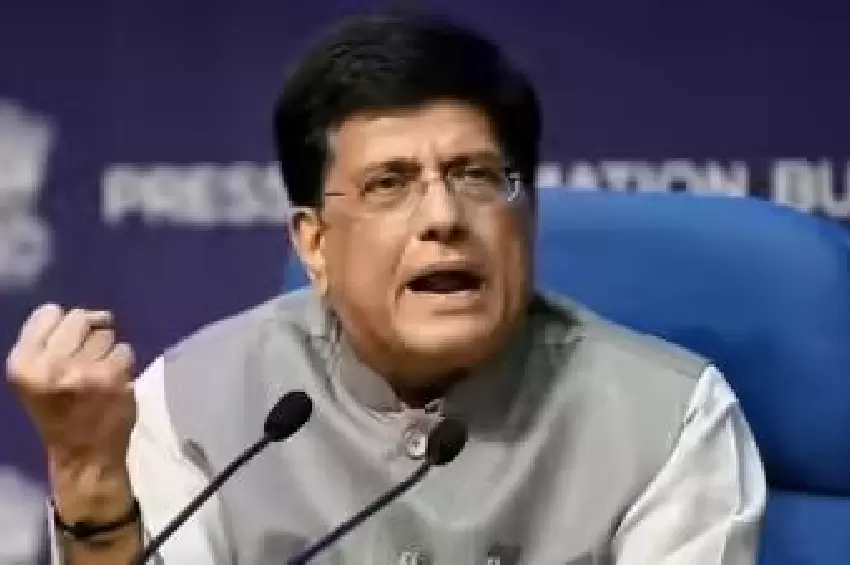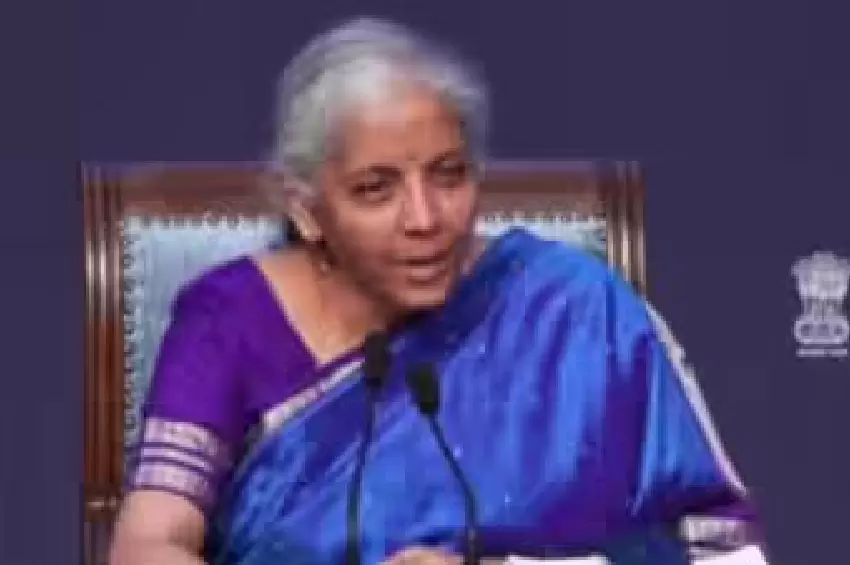
TikTok's Emergency Motion Denied by Appeals Court
In a unanimous decision on Friday, the U.S. Court of Appeals for the District of Columbia rejected TikTok and its parent company ByteDance's request for more time to challenge a law that mandates ByteDance to divest from the short-video app by January 19.
The Urgency of Supreme Court Action
TikTok and ByteDance had filed an emergency motion, warning that without court intervention, the law would effectively "shut down TikTok - one of the nation's most popular speech platforms - for its more than 170 million domestic monthly users." The court's rejection sets the stage for a potential Supreme Court appeal, with TikTok expressing its intention to take the case to the highest court, citing its historical record of protecting Americans' right to free speech.
Implications of the Decision
The ruling leaves TikTok's fate in the hands of the U.S. government, with the possibility of a 90-day extension by President Joe Biden, followed by decisions from President-elect Donald Trump, who takes office on January 20. The law also grants the U.S. government broad powers to ban other foreign-owned apps that could pose data collection concerns.
TikTok's Defense and the Road Ahead
TikTok asserts that the Justice Department has misrepresented its ties to China, emphasizing that its content recommendation engine and user data are stored in the U.S., with content moderation decisions affecting U.S. users made domestically. The company's next steps hinge on the Supreme Court's willingness to review and potentially reverse the appeals court's decision.









Comments